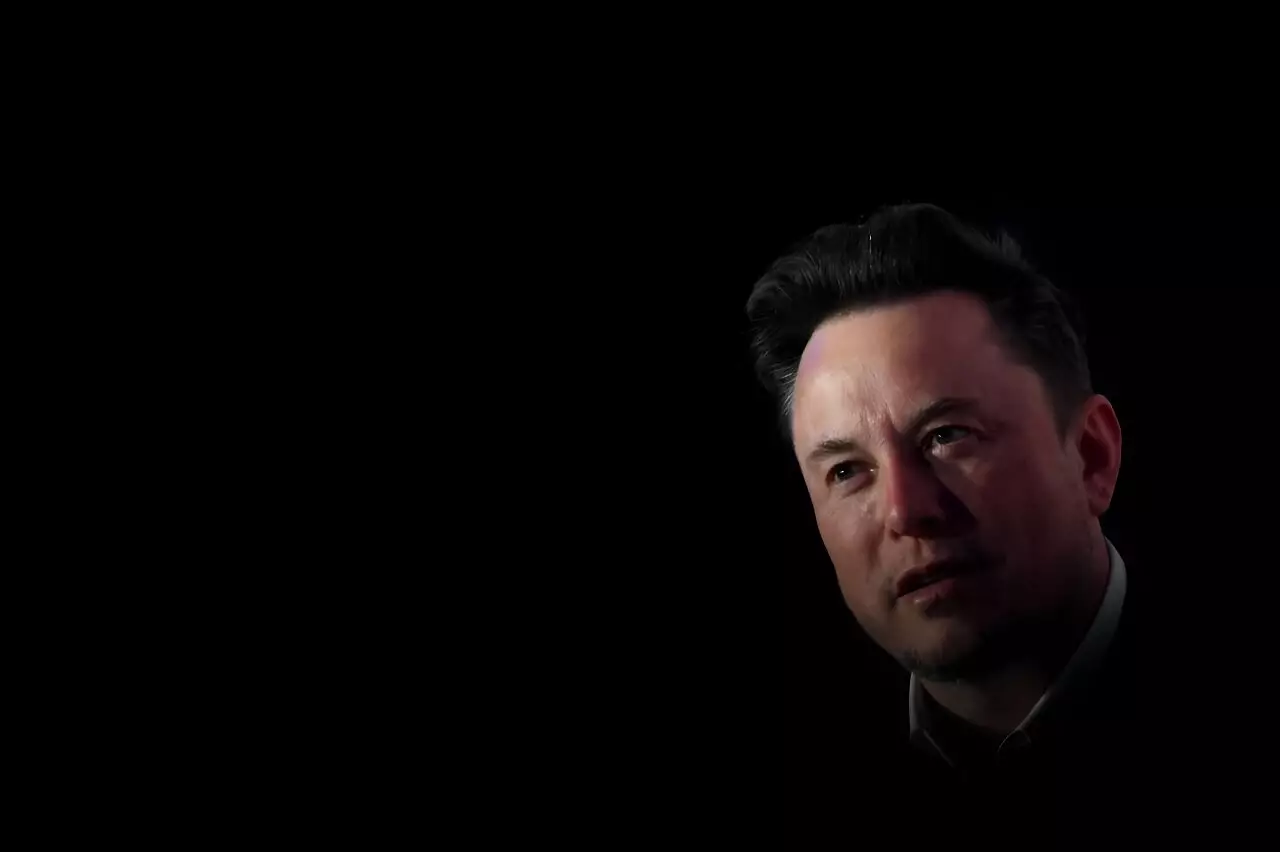A Supreme Court judge in Brazil has ordered an investigation into Elon Musk after he publicly criticized the magistrate and accused him of censorship. Judge Alexandre de Moraes accused Musk of “criminal instrumentalization” of the social media platform X, which Musk owns. The judge warned Musk to comply with judicial orders, including the blocking of certain accounts on the platform. Failure to comply may result in fines of approximately $20,000 per reactivated account.
Musk retaliated by launching a series of attacks against Judge Moraes on X, formerly known as Twitter. He accused the judge of betraying the constitution and the people of Brazil, calling for his resignation or impeachment. Musk also expressed concerns about potential financial losses and the closure of Tesla and SpaceX offices in Brazil due to the judicial threats.
Judge Moraes is a controversial figure in Brazil, viewed as tyrannical by some and a defender of democracy by others. He has been at the forefront of combatting disinformation in the country, often ordering the suspension of social media accounts spreading false information. Critics, including Elon Musk, believe that Moraes is stifling free speech in Brazil, particularly targeting supporters of former President Jair Bolsonaro.
Political Turmoil in Brazil
Moraes’ actions are part of a broader crackdown on disinformation and political unrest in Brazil. Former President Bolsonaro, who was declared ineligible to run for office by the Moraes-led Superior Electoral Tribunal, is under investigation for attempting a coup to overturn his electoral defeat in 2022. The political climate in Brazil remains tense, with clashes between supporters of Bolsonaro and current President Luiz Inacio Lula da Silva.
The legal battle between Elon Musk and Judge Alexandre de Moraes highlights the complexities of free speech, social media regulation, and political interference. As the investigation unfolds, it raises questions about the balance between upholding the law and protecting democratic principles in a rapidly evolving digital landscape. The outcome of this case will have far-reaching implications for the future of online expression and political discourse in Brazil.


Leave a Reply
You must be logged in to post a comment.